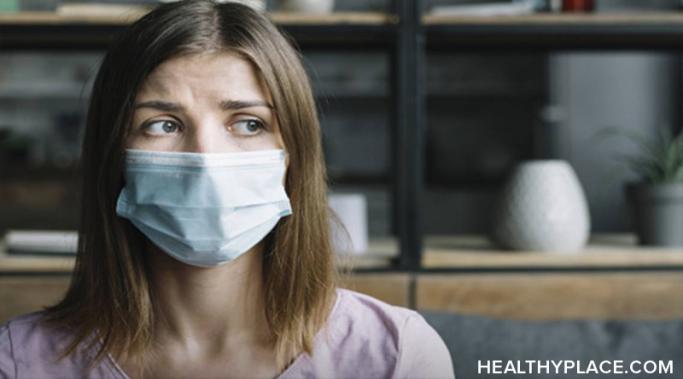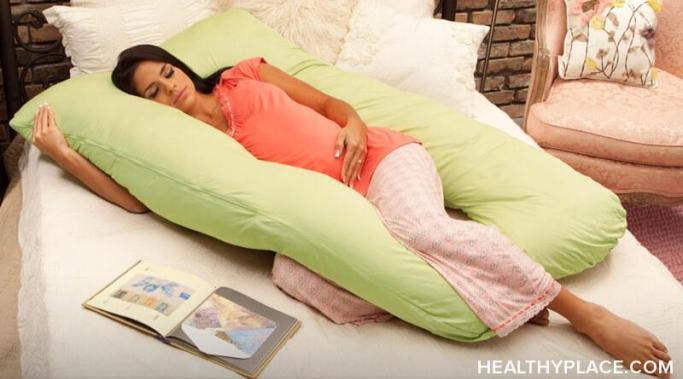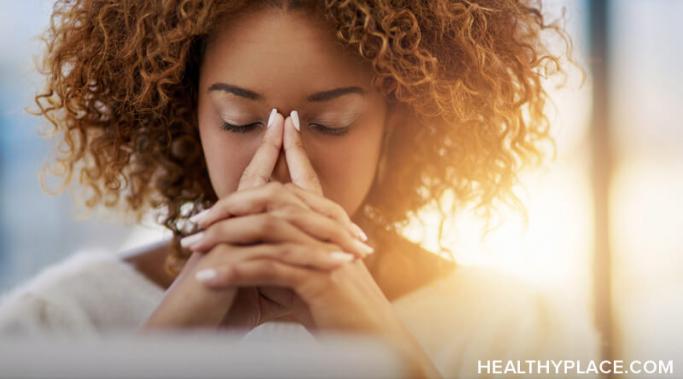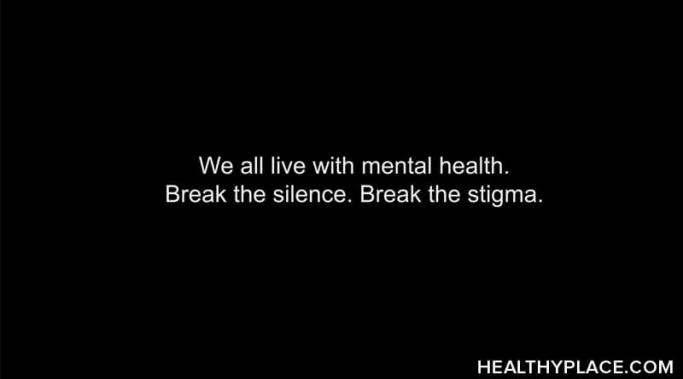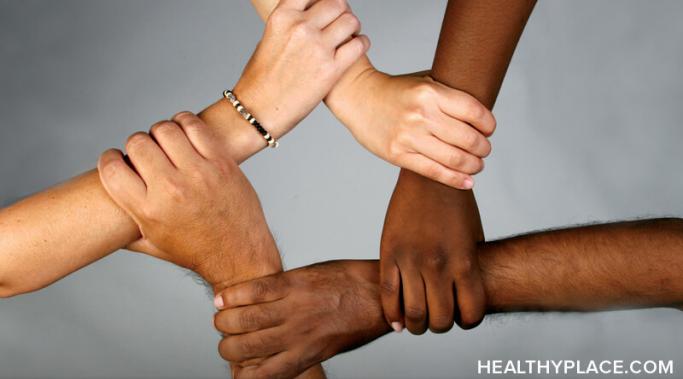I can’t get my bipolar medication because of coronavirus (COVID-19) and I want to tell you about it. Here's what I've learned about the COVID-19 outbreak and bipolar medication.
Mental Illness at Work
We can all emotionally heal. Most of us might not want to admit it, but we have an immense amount of power to heal emotionally. But we get stuck. We get stuck in unhealthy and destructive patterns from earlier in our life. Many times, we can barely remember how and when they even began. But with these steps, we can emotionally heal.
I don’t know how to forever banish the voice in my head that tells me I’m a failure. I know who I am. I know what I have to offer the world. On my worst days, none of it matters because I feel like I’m a failure. On my best, I’ll wake with renewed hope and by day’s end am fighting back tears of angst, staring numbly at the wall.
I learned, the hard way, about surrender in eating disorder recovery.
Along with symptoms such as cramps and bloating, getting your period can impact your mental health, whether this is due to hormonal changes or environmental factors. While it might not be possible to eliminate the mental health effects your period can present completely, it is possible to treat them. By being aware of the factors that cause those situational feelings of anxiety, depression and moodiness, you’ll be better equipped to deal with those unwanted feelings when they arrive.
Anxiety can help you. Really. We see anxiety as a lot of things – a disease, a nuisance, a foe, even a monster. But most people wouldn’t think of it as a messenger, and I’d bet almost no one sees it as a helper but read on to learn how anxiety can help you.
The stigma around men’s mental health often goes overlooked. Since I was a boy, I’ve been disciplined to deal with my emotions in a very particular way. Daphne Rose Kingma said it best in her book The Men We Never Knew, “Men are taught, point-by-point, not to feel, not to cry, and not to find the words to express themselves.” This became very apparent to me when I was in my early years of college and had my first panic attack. I was at a party, surrounded by a group of guys and, very quickly, found them all laughing at me and taking videos for amusement. The panic turned to tears and I was criticized for, “acting like a woman.” This is just one example of men’s mental health stigma.
#MeToo is far more than just a popular hashtag. #MeToo is a movement that does everything from educate about sexual harassment/assault to drive for societal change. #MeToo is important because it is bigger than one person. I have experience with sexual assault/harassment and as one person, it has been very hard to deal with. I wish #MeToo had been around when it happened to show me that I wasn't alone, educate me about what I needed to know and allowed me to create change for myself. In short, we needed a #MeToo 20 years ago and we need #MeToo today.
Creating a strong support system when you have depression can affect your mental illness recovery in a positive manner. I learned this during my 12-year battle with depression.
